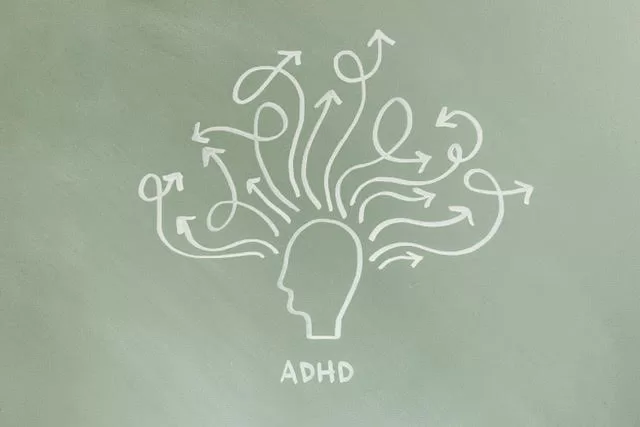Attention Hyperactivity Disorder (ADHD) is an often misunderstood condition that can affect adults as well as children and adolescents. Symptoms of ADHD appear differently in adults, and many adults struggle with ADHD symptoms without realizing they are dealing with a neurodevelopmental disorder. If left untreated, these symptoms can significantly impact all aspects of life, including work, relationships, and overall well-being.
In this post, we will explore the various symptoms of ADHD in adults. Keep in mind that ADHD can show up differently in everyone, and some symptoms may be more severe than others.
Difficulty Focusing and Staying on Task
A common symptom of adult ADHD is difficulty focusing on tasks, especially those that are long, monotonous, or unstimulating. Adults with ADHD may start projects enthusiastically but often find themselves struggling to complete them. They might get distracted by minor details or frequently switch between tasks. If staying on task feels like an ongoing struggle for you, ADHD may be contributing to the issue.
Chronic Disorganization and Procrastination
Chronic disorganization is another key symptom of ADHD in adults. This can include messy workspaces, missed appointments, misplaced items, and a general sense of chaos in daily life. Procrastination often accompanies disorganization, and difficulty prioritizing tasks can lead to feelings of being overwhelmed. Adults with ADHD might forget important deadlines or constantly feel as though they’re playing catch-up. If managing your responsibilities is a consistent challenge, adult ADHD might be at the root.
Impulsivity and Risky Behaviors
Impulsivity is a hallmark symptom of adult ADHD. This can manifest in a variety of ways, from making snap decisions without thinking them through to interrupting conversations. Adults with ADHD may also engage in risky behaviors such as overspending, overeating, or making hasty decisions without considering long-term consequences.
Restlessness and Difficulty Relaxing
While children with ADHD often experience hyperactivity, restlessness is the adult manifestation. An internal sense of chronic agitation and difficulty relaxing are common in adults with ADHD. This may include difficulty sitting still during meetings, racing thoughts, or the need to stay busy constantly. Restlessness can also interfere with sleep, with many adults reporting trouble falling or staying asleep due to an overactive mind.
Issues with Time Management
Managing time effectively is a challenge for adults with ADHD. They may underestimate how long tasks will take or lose track of time, causing difficulties in both personal and professional life. Adults with ADHD may struggle to keep track of time while engaged in an activity or be unaware of how much time remains before a deadline. If time management issues are causing significant stress or affecting your functioning, adult ADHD may be a contributing factor.
Emotional Sensitivity and Mood Swings
Adults with ADHD tend to experience more intense emotional reactions than others. Frustration, disappointment, anger, and sadness can feel overwhelming. Sudden mood swings may create emotional instability, impacting quality of life and relationships. If small setbacks leave you feeling emotionally drained or unable to cope, it may be time to consider ADHD as a potential underlying cause.
Relationship Troubles Due to ADHD Symptoms
ADHD symptoms can greatly impact interpersonal relationships. The combination of impulsivity, emotional sensitivity, and difficulty focusing can lead to communication challenges and misunderstandings. Partners, friends, and colleagues may feel neglected or frustrated when someone with ADHD fails to listen attentively or follow through on commitments. Building and maintaining strong relationships may require more patience and effort for those with ADHD.
Getting Help for Adult ADHD
Recognizing the symptoms of adult ADHD is the first step toward improving your life. While this is just a brief summary of the signs of adult ADHD, it’s important to consult a professional trained in diagnosing and treating ADHD to get a comprehensive evaluation. If you identify with many of these symptoms, seeking help can improve your daily functioning, relationships, and overall well-being.
Our Nurse Practitioner, Shannon Wright, specializes in ADHD diagnosis and treatment and would be happy to lend her support and expertise (https://
Living with ADHD doesn’t have to mean constant struggle. With the right resources, support, and self-awareness, adults with ADHD can thrive in both personal and professional aspects of their lives.
Reference: https://www.nimh.



